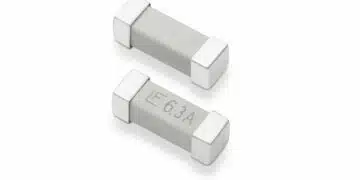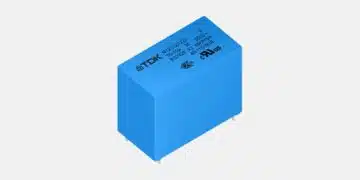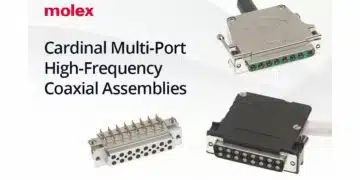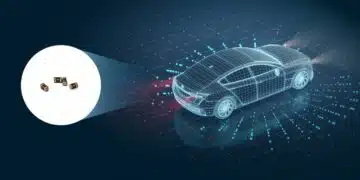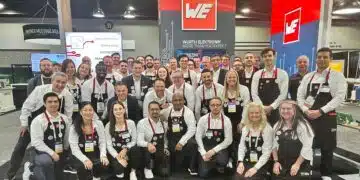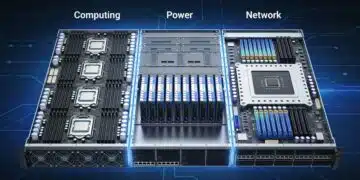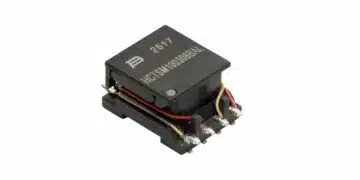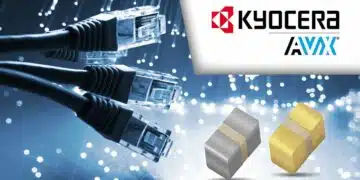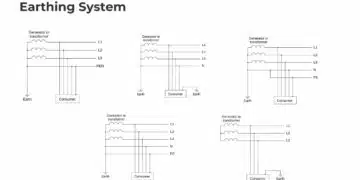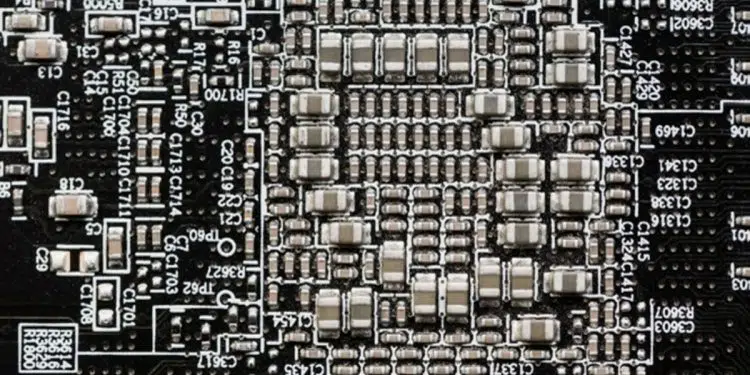According to a report from Economic Daily News, the AI boom has significantly increased the use of passive components, particularly in AI PCs and AI servers. Murata, a Japanese giant in multilayer ceramic capacitors (MLCC), is optimistic about the market outlook, stating that AI is driving waves of MLCC demand.
As per a report from Nikkei, Murata President Norio Nakajima revealed in an interview that the AI trend is unstoppable, leading to an expansion in MLCC applications.
This expansion reportedly starts with smartphones and extends to edge AI in computers equipped with generative AI functions. The end-use of these devices will drive an increase in MLCC consumption, and the demand for components in AI servers is also ramping up.
Murata’s views on the passive component market are referable, as in the first half of this year, Murata was ahead of the industry in announcing a recovery in component shipments for the smartphone market and an increase in capacity utilization at its MLCC plants.
Norio Nakajima pointed out that as demand surges, the capacity utilization rate of Murata’s MLCC plants has been continuously increasing to meet end-user demand. Last quarter, the capacity utilization rate was approximately 80% to 85%, and this quarter it is expected to rise to 85% to 90%.
Following Murata, Taiwanese companies such as Yageo and Walsin Technology also saw a recovery in their operations, marking the beginning of a bullish phase for the passive component market.
Industry sources cited by Economic Daily News further explain that Murata’s optimistic outlook is well-founded. The average MLCC usage per AI PC has surged by about 80% compared to traditional PCs, while the usage in AI servers has more than doubled, with each server requiring an average of 3,000 to 4,000 MLCCs.
In high-speed computing environments, this will further drive the demand for high-capacity and high-voltage MLCCs. Meanwhile, Yageo and Walsin Technology are actively seizing the business opportunities brought by AI.
Yageo Chairman Pierre Chen once stated that at this stage, the group not only provides MLCCs and chip resistors for AI applications but also inductors and magnetic components.
These offerings include both standard and niche products, and the company can also provide customized product combinations according to customers’ requirements for high-temperature and high-current tolerance.


